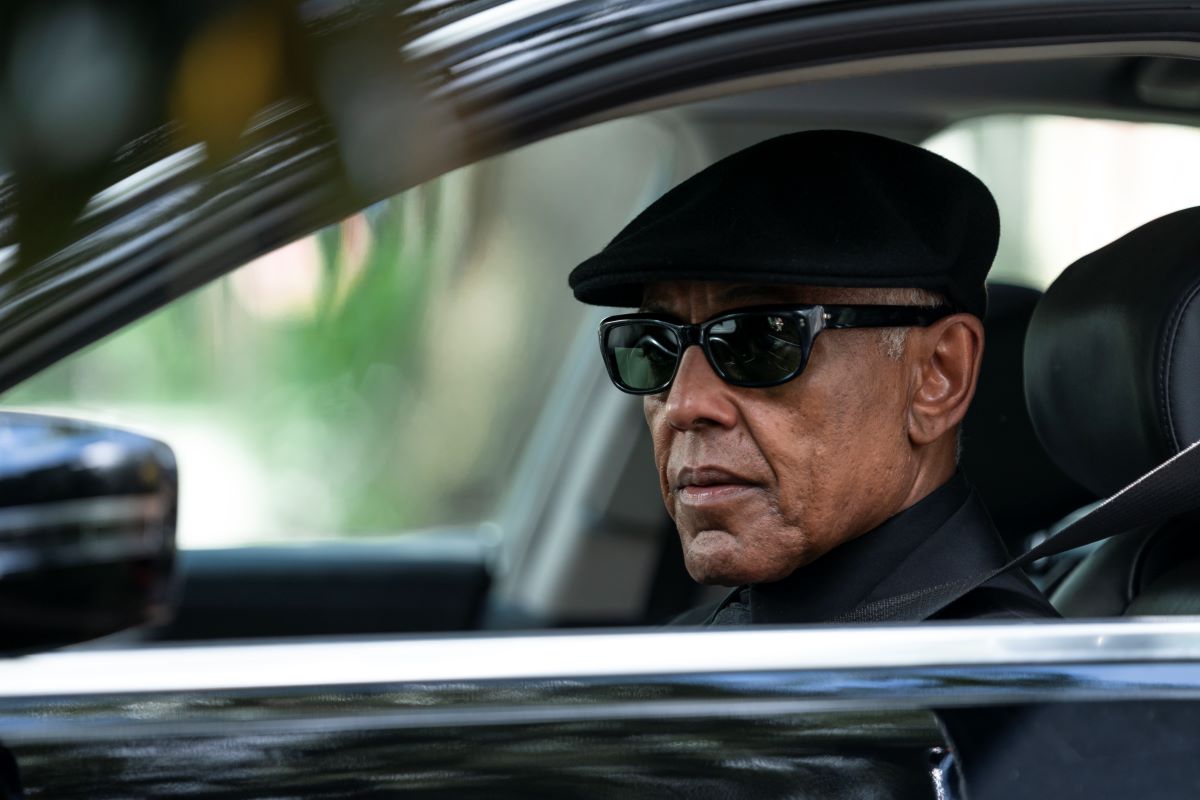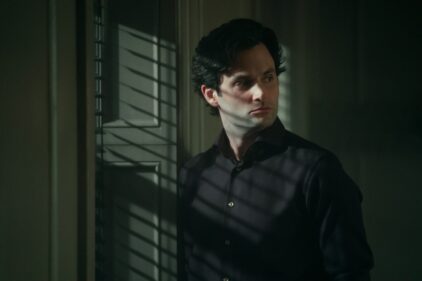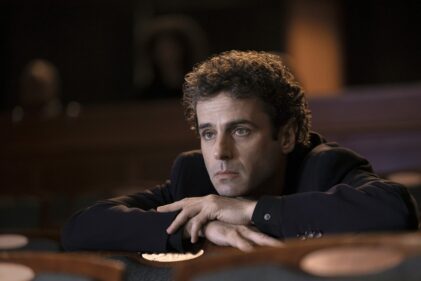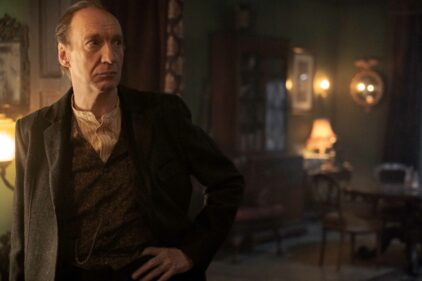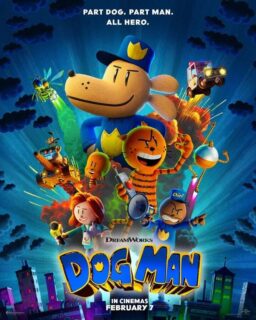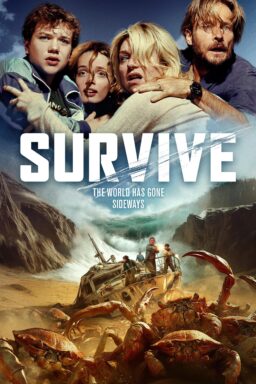There is something instantly kinetic about seeing Giancarlo Esposito in a crime drama. He often plays people of great stillness, and yet there’s motion behind his eyes. You can see him thinking and feeling. Yes, of course, this on-screen persona is related to his iconic portrayal of Gus Fring in “Breaking Bad” and “Better Call Saul,” but there’s more to it than just that character. The truth is that Esposito has been one of our most charismatic and complex actors for over three decades now. I can still remember seeing him burst into “Do the Right Thing” in a way that made people say, “Who is that? And can I watch him in everything?” Thirty-five years later, he’s still big enough to anchor a new crime drama on AMC called “Parish,” but the show suffers from a problem that sometimes arises when such a strong personality anchors it—everything else struggles to keep up. To be fair, the supporting cast here isn’t horrible, and gets richer in the last episode in a way that’s clearly designed to set up the next season—it’s more the mediocre writing that seems to be literally fighting with Esposito. The fact that he makes this clichéd character and the show around him interesting as often as he does is just another testament to his skill set. You’ll just wish it was in service of a show that had a better idea of what to do with its star.
Esposito plays Gracian “Gray” Parish, a man with a dark past who has left most of it behind to run a car service in New Orleans. His life has already started to unwind when we meet him, after the shooting death of his son, leading to problems at work and home. The business is struggling, and his daughter Makayla (Arica Himmel) is pulling away from Gray and her mother Rose (Paula Malcomson). Rose is convinced they’re going to have to sell their expensive home, and Gray can’t stomach the thought of not only leaving behind all that he’s worked for but the only place that will hold memories of his lost child. That’s why he takes a job. It will be an easy driving gig for a break-in at a lawyer’s office. What could go wrong?
Of course, everything goes wrong, and Parish finds himself entangled in the business of a family of Zimbabwean gangsters led by a power player who goes by The Horse (Zackary Momoh) and his sister Shamiso (a charismatic Bonnie Mbuli). There’s drama in the Tongai family, including a power struggle with The Horse’s brother Zenzo (Ivan Mbakop), but too much of this material is written in broad, clichéd dialogue that allows the show to sink every time it pulls away from its titular character.

There are more distractions. Bradley Whitford pops up to gnaw on some scenery with a vague Southern accent as Anton, a crime magnate with a connection to Gray’s dark past. Skeet Ulrich slinks around the periphery as an old friend of Gray’s who likely has an equal ledger of getting him into and out of trouble. Amanda Brugel gets a mysterious tough-talking savior role as Sister Anne, a potential lifeline for Gray when things go wrong.
Given its based on a show called “The Driver” and set in a world of high criminal stakes, one would hope that “Parish” was at least thick with action, but that’s not exactly true. There are big developments at the end of episodes like shootouts that shift allegiances, but there’s surprisingly little actual high stakes tension in this show. Part of the problem is the many plot threads fighting for air from Gray’s grief to the Tongai’s human-trafficking operation to political games being played by Anton.
If it sounds like a lot for six episodes, it absolutely is and there’s a rushed sense to the storytelling here that never allows the supporting cast to feel as fleshed out as its leading man. By the end, Momo, Mbuli, and Mbakop have finally made an impact, and Esposito doesn’t step wrong for the entirety of his six episodes, but Malcomson feels particularly wasted, in part because we get almost no time with the Parishs before she’s marveling at the mess her husband has gotten them into. Ulrich and Brugel try their best but feel like plot devices.
It almost feels like maybe “Parish” was a victim of the strike, truncating a season of storytelling and character development into six episodes instead of ten or twelve. And then it largely resets for future seasons, bringing in new character actors who won’t be spoiled and ending on a line about how we haven’t seen the last of Parish. The only question is if audiences will care enough to see where he drives next.
Whole series screened for review. Premieres on Sunday, March 31st.

